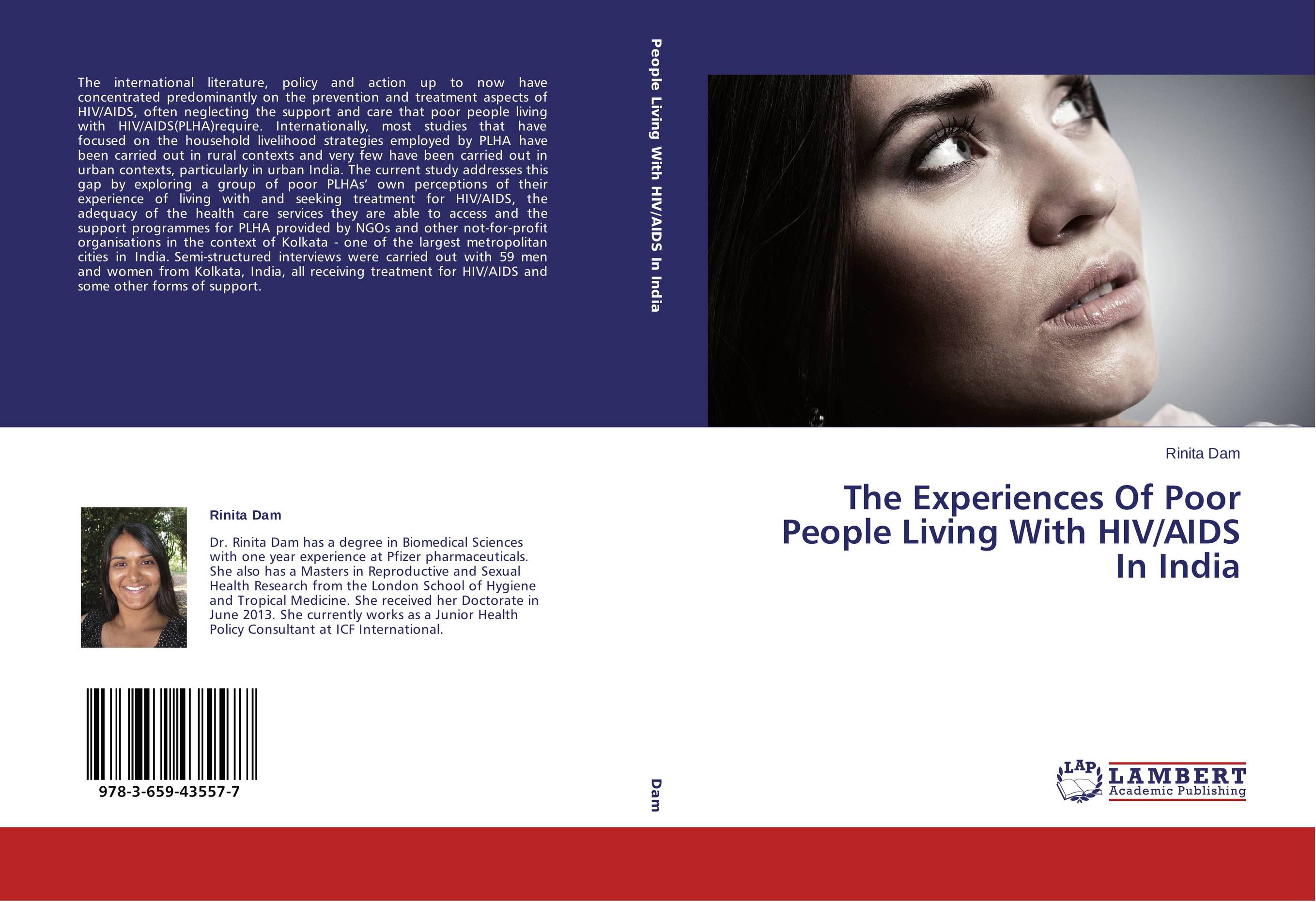| Поиск по каталогу |
|
(строгое соответствие)
|
- Профессиональная
- Научно-популярная
- Художественная
- Публицистика
- Детская
- Искусство
- Хобби, семья, дом
- Спорт
- Путеводители
- Блокноты, тетради, открытки
The Experiences Of Poor People Living With HIV/AIDS In India.

В наличии
| Местонахождение: Алматы | Состояние экземпляра: новый |

Бумажная
версия
версия
Автор: Rinita Dam
ISBN: 9783659435577
Год издания: 2014
Формат книги: 60×90/16 (145×215 мм)
Количество страниц: 424
Издательство: LAP LAMBERT Academic Publishing
Цена: 64694 тг
Положить в корзину
| Способы доставки в город Алматы * комплектация (срок до отгрузки) не более 2 рабочих дней |
| Самовывоз из города Алматы (пункты самовывоза партнёра CDEK) |
| Курьерская доставка CDEK из города Москва |
| Доставка Почтой России из города Москва |
Аннотация: The international literature, policy and action up to now have concentrated predominantly on the prevention and treatment aspects of HIV/AIDS, often neglecting the support and care that poor people living with HIV/AIDS(PLHA)require. Internationally, most studies that have focused on the household livelihood strategies employed by PLHA have been carried out in rural contexts and very few have been carried out in urban contexts, particularly in urban India. The current study addresses this gap by exploring a group of poor PLHAs’ own perceptions of their experience of living with and seeking treatment for HIV/AIDS, the adequacy of the health care services they are able to access and the support programmes for PLHA provided by NGOs and other not-for-profit organisations in the context of Kolkata - one of the largest metropolitan cities in India. Semi-structured interviews were carried out with 59 men and women from Kolkata, India, all receiving treatment for HIV/AIDS and some other forms of support.
Ключевые слова: Gender, HIV/AIDS, Quality of Life, vulnerability, health systems, Stigma and Discrimination, qualitative and quantitative research, Chronic Ill-health, Health Policy Research, Health-care seeking behaviour, Health-care organisations, Health-care financing, Urban livelihoods, social exclusion, poverty reduction strategies



